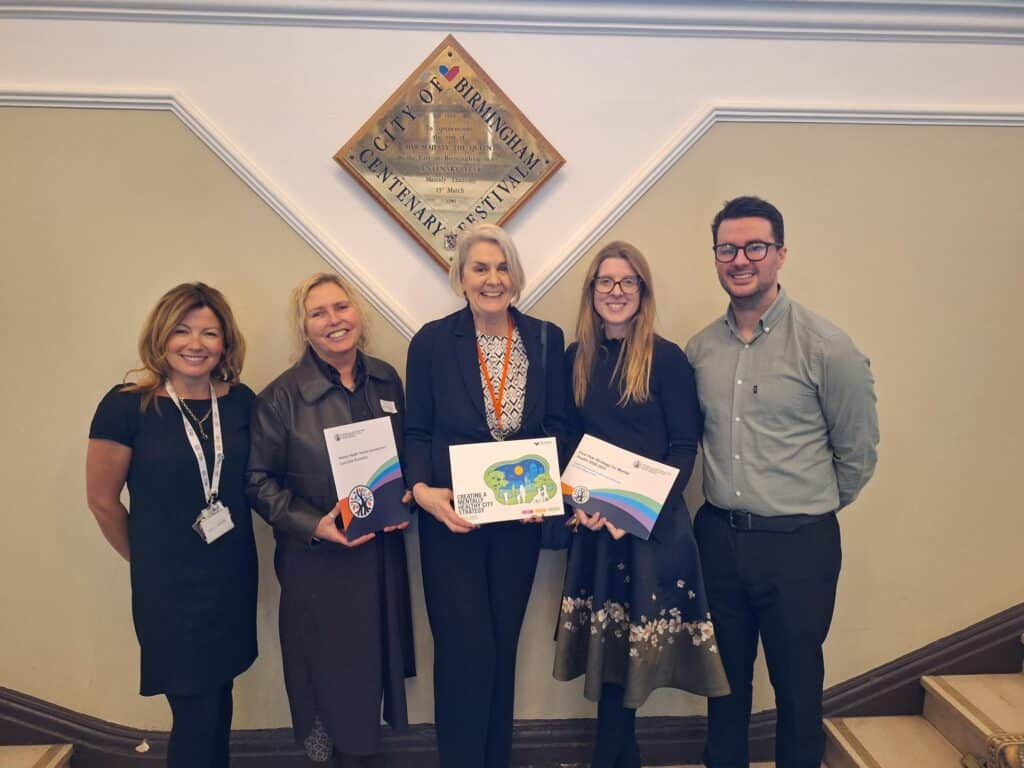A comprehensive Mental Health Needs Assessment (MHNA) for Birmingham and Solihull has recently been completed, offering vital insights into the mental health challenges facing the region. The full report is expected to be published later this year, but early findings already highlight key areas of concern and opportunity for action.
Key Findings from the MHNA
The MHNA draws on a wide range of data and evidence to assess the mental health needs of the local population. Some of the most pressing issues identified include:
- Child Poverty and Socio-Economic Challenges: Birmingham’s worsening child poverty, coupled with inadequate housing and high unemployment rates, is a major risk factor for poor mental health.
- Rising Prevalence of Mental Health Conditions: Over the past decade, there has been a marked increase in mental health conditions, including depression and Severe Mental Illness (SMI), across both Birmingham and Solihull.
- Increased Demand for Services: Referrals to secondary mental health services and NHS talking therapies have surged in the last five years, reflecting growing demand and possibly unmet needs.
- Ethnic Disparities in Access: South Asian, Chinese, and Black African communities are underrepresented in mental health service access, while Black Caribbean individuals are disproportionately detained under the Mental Health Act.
- Deprivation and Medication Trends: Anti-psychotic prescribing is more common in the most deprived areas, suggesting a link between socio-economic status and treatment patterns.
- Geographical and Ethnic Variations: Access to services varies significantly across different communities, pointing to potential gaps in provision and cultural competency.
- Community Feedback: Common concerns across communities include long wait times, difficulties accessing services, and a lack of culturally appropriate care.
- Life Course Approach: Investment in perinatal, infant, and youth mental health services offers the greatest return, highlighting the importance of early intervention.
- Support for Working Age Adults: Employment support and initiatives addressing material disadvantage are crucial for improving mental health outcomes in this group.
- Older Adults and Therapy Access: Although underrepresented in NHS talking therapies, older adults show better recovery rates when they do engage with services.
- Inclusion Health Groups: Veterans, asylum seekers, sex workers, individuals in contact with the criminal justice system, and people experiencing homelessness face multiple barriers and benefit from tailored, peer-supported interventions.
What’s Next?
A copy of a presentation summarising key findings is available below. The full MHNA report will be published later this year. The assessment has also informed the development of the Mental Health, Learning Disabilities and Autism Provider Collaborative’s five-year strategy, which is set to be released alongside the report.
This work marks a significant step forward in understanding and addressing the mental health needs of Birmingham and Solihull’s diverse communities. It provides a strong foundation for targeted, inclusive, and effective mental health support across the region.
Published: 7 October 2025









